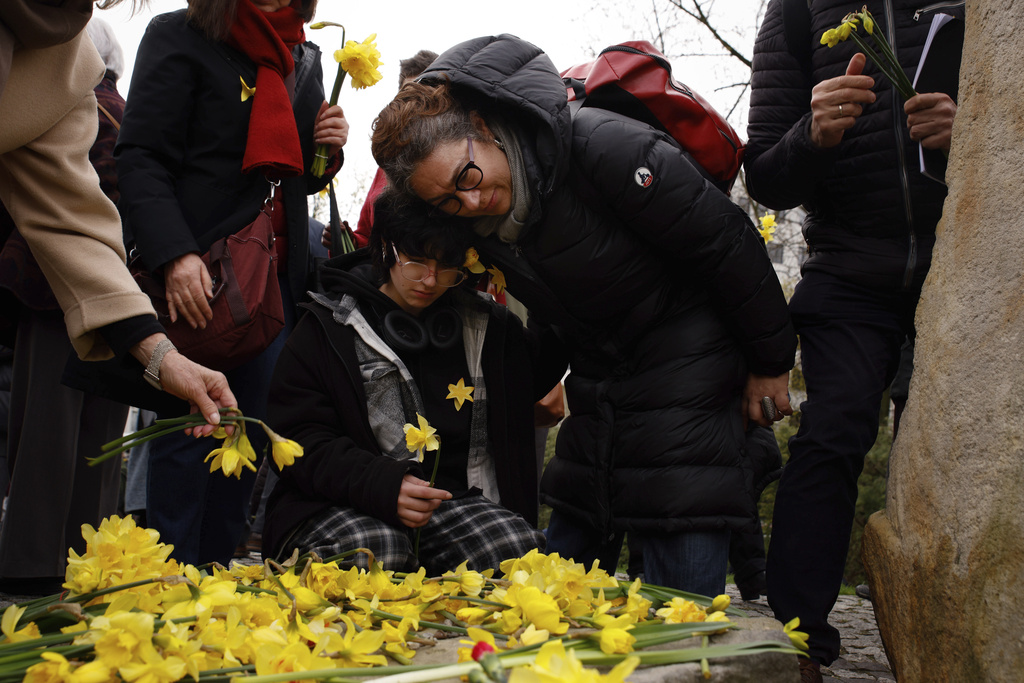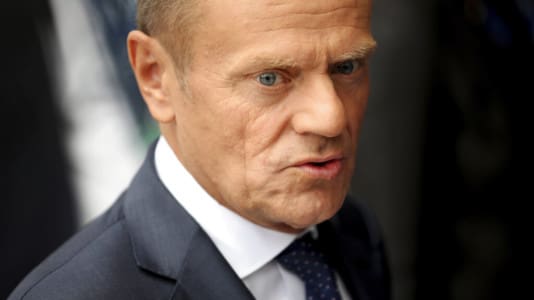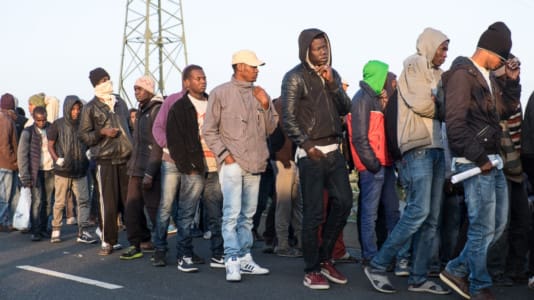The 80th anniversary of the Jewish Ghetto Uprising was a momentous occasion. We had the German president talking about German responsibility and guilt rather than references to Nazis. There was also the appearance of the Israeli president just after the Polish and Israeli governments agreed on visits by Israeli school students to sites of the Holocaust.
The liberal daily Gazeta Wyborcza criticized the Polish authorities for raising the issue of World War II reparations against Germany, and Polish Deputy Prime Minister Piotr Glinski handed German President Frank Walter Steinmeier another demand to settle the issue. The liberal paper considered this to be spoiling the anniversary.
I have mixed feelings about this. The fact that the Polish communist state waived reparation rights in 1953 is hard to accept as a sovereign Polish decision, though it is understandable why Germany wants to see it that way. But at least the claim shows graphically how Poland lost so much, whose fault it was, and why it is still trying to catch up with the West. However, I also see that building a national identity on permanent victimhood could lead to the adoption of a post-colonial mentality.
The real problem is the timing. If the Polish authorities have taken a decision to pursue the claim, they have the right to put it in the public spotlight, but was this anniversary the right moment?
More important is the return to the debate about Polish-Jewish relations. It was raised most visibly by Prof. Barbara Engelking in her controversial remarks on TVN24 when she criticized the unnamed President Andrzej Duda for equating Poles with Jews, for claiming the Ghetto Uprising was part of a joint Polish-Jewish struggle against the Germans.
But despite the arguments about how many Poles helped Jews; how many were passive; and how many betrayed, robbed, or even killed Jews, the war saw them on one side. Poles were only too well aware that they were next in the German hierarchy as a people to exterminate.
Poles and Jews were brothers in arms during the war against the Germans. Just because some were too afraid and failed the test cannot change that fact, nor can the remarks by historians, film directors, or celebrity journalists.
It has become fashionable among the liberal elites in Poland to argue that Germany chose Poland as the site of the Holocaust because of Polish antisemitism, but there is not a shred of evidence for this view. Poland was the site where millions of Jews actually lived. It is sheer self-harm and madness for Poles to actually propagate the narrative of Polish co-responsibility for the Holocaust.
Prof. Engelking did not go that far but her argument about Polish cynicism and indifference is not research-based either. Being too terrified to act does not constitute indifference. People were in danger of being killed or deported, and yet thousands did participate in some form of resistance against the German occupiers. Yes, some took advantage of Jewish misfortune, some were antisemitic but that does not mean that Poland as a nation or state did too little.
Even Prof. Engelking admits that the Polish underground could not have actually done more in the circumstances it faced. This is why it is so wrong of some Poles to blame their own country and to conflate that with their anger towards the Polish right and Polish Catholic Church.
It is understandable that Jews facing what they faced would have liked more to have been done to help them and that they feel not enough was done, but that cannot be taken as gospel. There were many examples of Polish nuns and people such as Irena Sendler who did their utmost to help save Jews. They risked their lives to save their fellow human beings. The Holocaust has nothing to do with Christian tradition.
Those among Poland’s elites who persist in complaining about the insensitivity and passivity of Poles during the Ghetto Uprising should think about how they might have reacted had they been faced with risking their own lives.
It’s so easy to pontificate and judge when sitting comfortably over breakfast or coffee.






